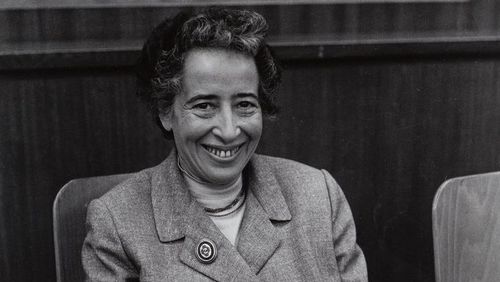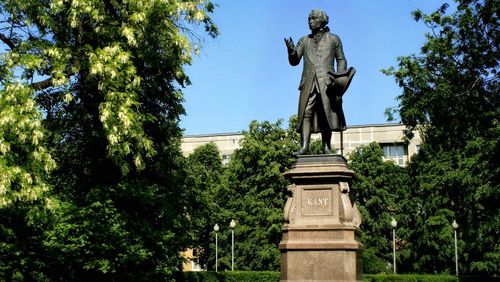The question of how to fairly distribute goods that are in short supply is a recurring topic of public debate, currently in connection with the risk of gas shortages. Researchers at the Institute of Philosophy provide empirical evidence in a new study - using the example of a different heating material.
When deciding about the “most just” distribution of hypothetic heating material in a new vignette study on distributive justice, respondents took into account the different heat requirements of individuals and the effort these individuals themselves put into procuring heating material.
The question of whether an individual's limited ability to procure heating material, or their increased need for warmth, was due to self-inflicted causes or causes beyond the individual's control also influenced the distribution decisions of the 200 respondents in the study. These and other results of the online survey carried out by the researchers working in the project "Measures of Need-Based Justice, Expertise and Coherence", which is based at the University of Oldenburg, have recently been published in the international scientific journal Social Choice and Welfare.
In the online survey, which was carried out in 2019, participants were given the task of distributing a given amount of firewood between two fictitious persons whose existing wood supplies would be just enough for them to survive the upcoming winter. Both the heat requirements ("need") of these fictitious individuals and their ability to chop wood ("productivity") varied due to health complaints that were either congenital or triggered by smoking contrary to medical advice ("accountability"). Each respondent was tasked with allocating varying amounts of firewood to the two members of a pair in ten different constellations, with need, productivity, and accountability as variables. The paper was thus based on 2,000 data points.
The results: when it came to compensating for disadvantages – whether the disadvantage consisted in a person having a greater need for heat (and therefore logs) or their being less able to chop logs for health reasons – a significant factor influencing the respondents' distribution decisions was whether or not the person in question was responsible for their disadvantage. Those who needed more heat or were less able to contribute logs for health reasons that were not self-inflicted received a significantly higher amount of firewood.
Overall, neediness weighed more heavily than a person's ability to contribute: independently of whether or not they were responsible for their own situation, the needier individuals always received a greater amount of firewood than they would have been entitled to based on their contribution – however, this need-based compensation was lower if the person was responsible for their own disadvantage. "The quantitative analysis clearly shows that respondents take different distribution principles such as equal, merit-based, or need-based distribution into account, and also factor in the recipients' responsibility for any disadvantages," said first author Alexander Max Bauer, who is currently working on his PhD at the University's Institute of Philosophy.
Certain characteristics of the respondents also played a role in their assessment of how the firewood should be distributed between the two individuals in a pair: respondents with a higher net household income allocated a relatively larger amount of firewood to the disadvantaged person than respondents with a lower income. The study also showed that the smokers among the respondents tended to allocate above-average amounts of firewood to the individuals with self-inflicted health issues. "A solidarity effect among smokers may have played a role here," said co-author and project leader Prof. Dr Mark Siebel. The researchers also observed that political orientation influenced the respondents' decisions: respondents who identified as more right-wing on the political spectrum tended to distribute the firewood less equally.
In summary, the five authors from Oldenburg, Jülich, Bremen, and Hamburg observed that the study also underscores "the sometimes underestimated importance of need as a criterion for fair distribution". The project "Measures of Needs-Based Justice, Expertise and Coherence", in the context of which the paper was produced, is a sub-project of the research group "Needs-Based Justice and Distribution Procedures", which is funded by the German Research Foundation (DFG) and headed by economist Prof. Dr Stefan Traub from the Helmut-Schmidt-University, Hamburg.




